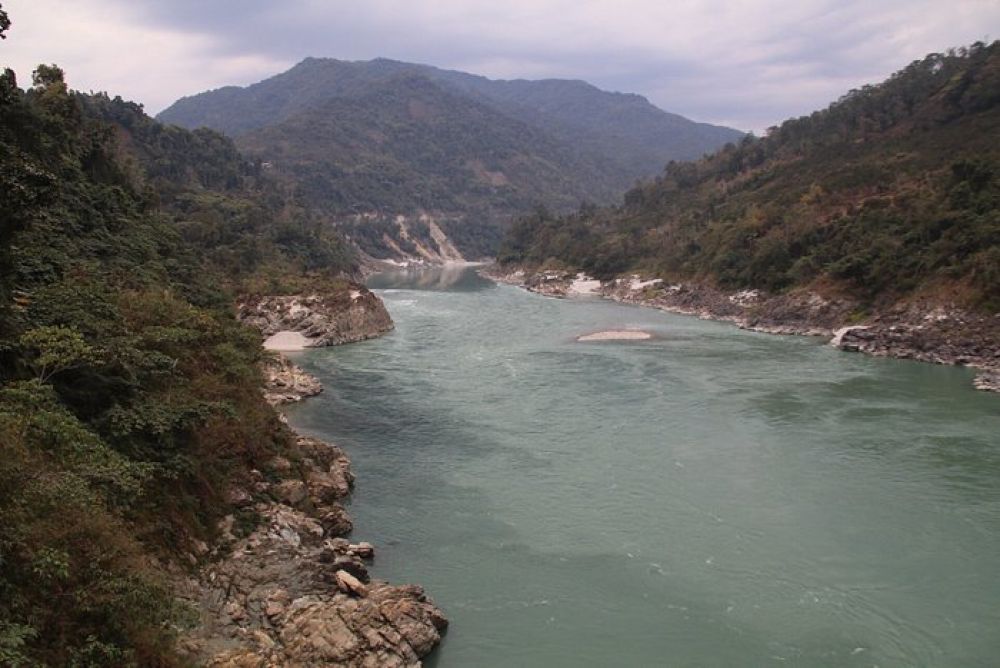

Pasighat, established in 1911 as the oldest town of Arunachal Pradesh, has a rich history and evolving tourism landscape. Nestled in the foothills of the Eastern Himalayas and perched on the banks of the mighty Siang River, Pasighat is often referred to as the 'Gateway to Arunachal Pradesh'.
Tourism in Pasighat began with explorers and adventurers drawn to its untouched beauty and unique tribal culture. British colonial officers and Christian missionaries were among the first to document the spectacular scenery and cultural richness of the area. As such, Pasighat became a point of interest for those wanting to experience the unexplored East Siang district.
Post-Indian independence, the region's tourism potential was recognized by the Indian government. However, it wasn't until the latter part of the 20th century that infrastructure developments facilitated more significant tourist influx. Accessibility improved with the establishment of roads, bridges, and later, air connectivity, allowing more people to experience the charms of Pasighat and its surrounds.
Eco-tourism has taken a front seat in Pasighat with its lush rainforests, diverse wildlife, and opportunities for nature walks and birdwatching attracting nature enthusiasts. Moreover, Pasighat has gained popularity as a destination for adventure tourism. Activities like river rafting on the Siang River, angling, and trekking in the nearby hills attract thrill-seekers from around the globe.
Pasighat is home to the Adi tribe, known for their vibrant festivals such as Solung and Aran. Tourism initiatives increasingly focus on cultural preservation, offering tourists a chance to witness traditional tribal lifestyles. This has led to the advent of heritage tourism, where travelers gain profound insights into the local customs and heritage.
The government has introduced various initiatives to boost tourism while ensuring sustainable development. The Arunachal Pradesh Tourism Development Policy aims to promote responsible tourism practices, enhance the quality of services, and increase tourist inflow. Moreover, the inclusion of Pasighat in the "Smart Cities Mission" is expected to significantly bolster its tourism infrastructure and appeal.
Today, there is an increased demand for offbeat and experiential travel in Pasighat. Tourists are looking for homestays and community tourism experiences to engage more authentically with the local culture. With a surge in digital nomadism and remote work trends, scenic and peaceful destinations like Pasighat are attracting visitors who are looking to combine work and leisure in serene environments.
From being a remote outpost known only to a handful of explorers to becoming an emerging tourism destination, Pasighat's journey in tourism is a testament to its extraordinary appeal. With its combination of natural beauty, adventure sports, and rich cultural heritage, Pasighat continues to captivate the hearts of travelers, while steadily moving towards a future of sustainable and inclusive tourism growth.